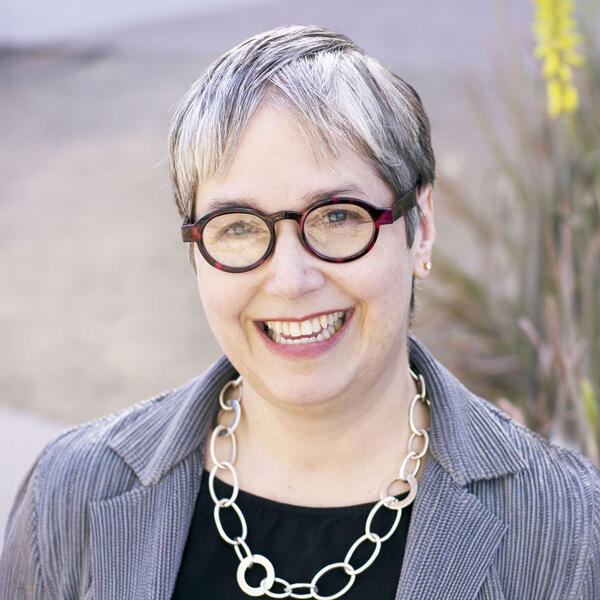
If you could create the Guide, what would be in it? What would be important elements to be included?
Here’s what I’d put in the Guide: “The Natural Next Question.”
What could that be? What might it be?
To explain, let me give some personal context. Before turning back to science for my PhD I spent ten years in business. That decade gave me a deep appreciation for team culture. Frankly, it also gave me a deep skepticism about the value of so much that we tend to do as humans. These years motivated me to wonder: How can I ask a bigger, a more important question? How do I help create teams that really produce and have impact?
And now that we are deep into mission formulation for the voyage to the metal world Psyche – working with a team of hundreds – I see every day how critical it is that people learn to work in teams. That we learn to respect all disciplines of expertise. And that we listen to each other and accept feedback. We seldom teach these things in college.
That’s my point: We rarely teach these things in college. Traditionally education has been about content transference, from the instructor to the learner. But content is no longer the differentiator. With the internet, with libraries, with media, we are drowning in content every day. Many of us succeeded in high school, and possibly in college, by memorizing content and giving it back on tests. But that, ironically, is almost antithetical to what is needed to recognize unsolved problems and solve them, the skills for life and work.
We must teach learning and problem-solving explicitly rather than hoping it gets acquired along the way. We need to move away from the passive acceptance of delivered content, and become comfortable with and motivated to solve unsolved problems.
I think the key to problem-solving, the key to learning, and the key to leadership is the notion of a “Natural Next Question.” You have a goal, or a big question like – what can a metal asteroid tell us about the formation of the Earth and its core? Or – how can I get an education when girls in my town are not allowed to go to school?
First, you get some information about the problem. An article, an interview, a video. A first starting step. And now – instead of asking more questions about the information you already have – ask yourself, what is my natural next question that takes me one step closer to my goal? What’s my next step of learning or discovery that will drive me toward a solution?
That is – learn and practice the art of asking questions that are likely to be productive by being responsive to a goal. The skills needed for life and for work, and for our creative, productive future.
About Lindy Elkins-Tanton
Lindy is the director of the School of Earth and Space Exploration at Arizona State University, co-chair of the Interplanetary Initiative, and Principal Investigator (PI) of the Psyche mission, selected in 2017 as the 14th in NASA’s Discovery program. Her research includes theory, observation, and experiments concerning terrestrial planetary formation, magma oceans, and subsequent planetary evolution including magmatism and interactions between rocky planets and their atmospheres. She also promotes and participates in education initiatives, in particular, inquiry and exploration teaching methodologies, and leadership and team-building for scientists and engineers. She has led four field expeditions in Siberia, as well as participated in fieldwork in the Sierra Nevada, the Cascades, Iceland, and the Faroe Islands.